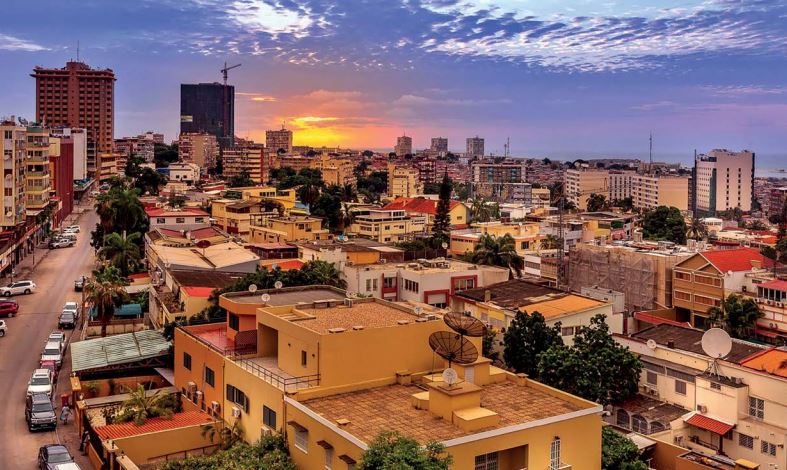
Scientific research in Angola continues to struggle, hampered by insufficient investment, bureaucratic hurdles, and limited government support, according to academics speaking on Rádio Correio da Kianda’s Capital Central program on Tuesday, August 26.
Sociologist Agostinho Paulo raised concerns over who truly benefits from research funding, revealing the challenges he faces in accessing resources for his own projects.
He described the process as plagued by bureaucracy and criticized the State’s weak monetary policy regarding research investment.
“When we university professors apply, there’s a lot of bureaucracy.
They think we’re going to buy a car with the money, and we don’t know who the beneficiaries are,” Paulo said.
He urged research institutions to establish financing policies for citizens willing to create and implement scientific projects.
“The project has already been drawn up, committees have been created, documents have been submitted, and the project has been approved, but unfortunately, the dismantling of funds is at the heart of the coordination. This is an intellectual sin,” he added.
Paulo also emphasized the role of research in education, arguing that universities should integrate scientific projects into curricula to motivate students and address real-world issues. “It’s important for first- to second-year students to take to the streets to hold a health fair with guidance from experts. Students who participate directly will understand that university is more than just about getting a degree,” he said.
Economist Fábio Manuel echoed these concerns, framing the issue in numerical terms. He noted that Angola invests just 0.2 percent of its GDP in scientific research, far below the African Union’s recommended minimum of 1 percent.
“The figures say otherwise: Angola invests around 0.2 percent of its GDP in scientific research; the AU recommends that countries invest at least 1 percent of their GDP in scientific research,” he stressed.
Fernando dos Santos Figueiredo de Carvalho, director of Lusíada University’s Scientific Research Center, highlighted the universities’ lack of capacity to fund research.
“If the State wants to implement social policy, it has to include the amount in the State Budget and pay it, not restrict tuition fees,” he said, pointing to low salaries for professors as a major obstacle to quality research.
Despite these challenges, government initiatives, including the National Center for Scientific Research (CNIC) and the creation of FUNDECIT to finance research, aim to align science with sustainable development and address Angola’s social problems.
Academics agree that while scientific research in Angola has potential, it remains hindered by systemic issues including infrastructure deficiencies, undertrained researchers, and the long-term effects of war and colonialism.



